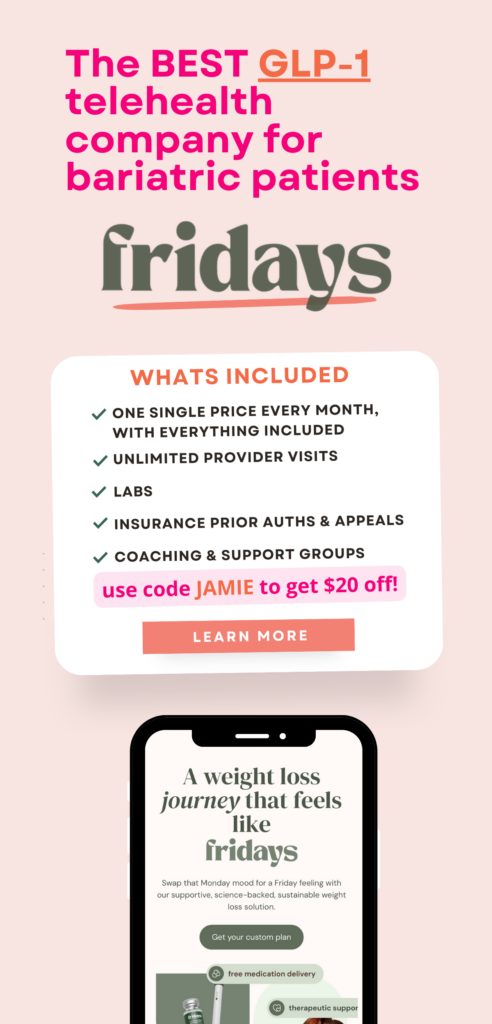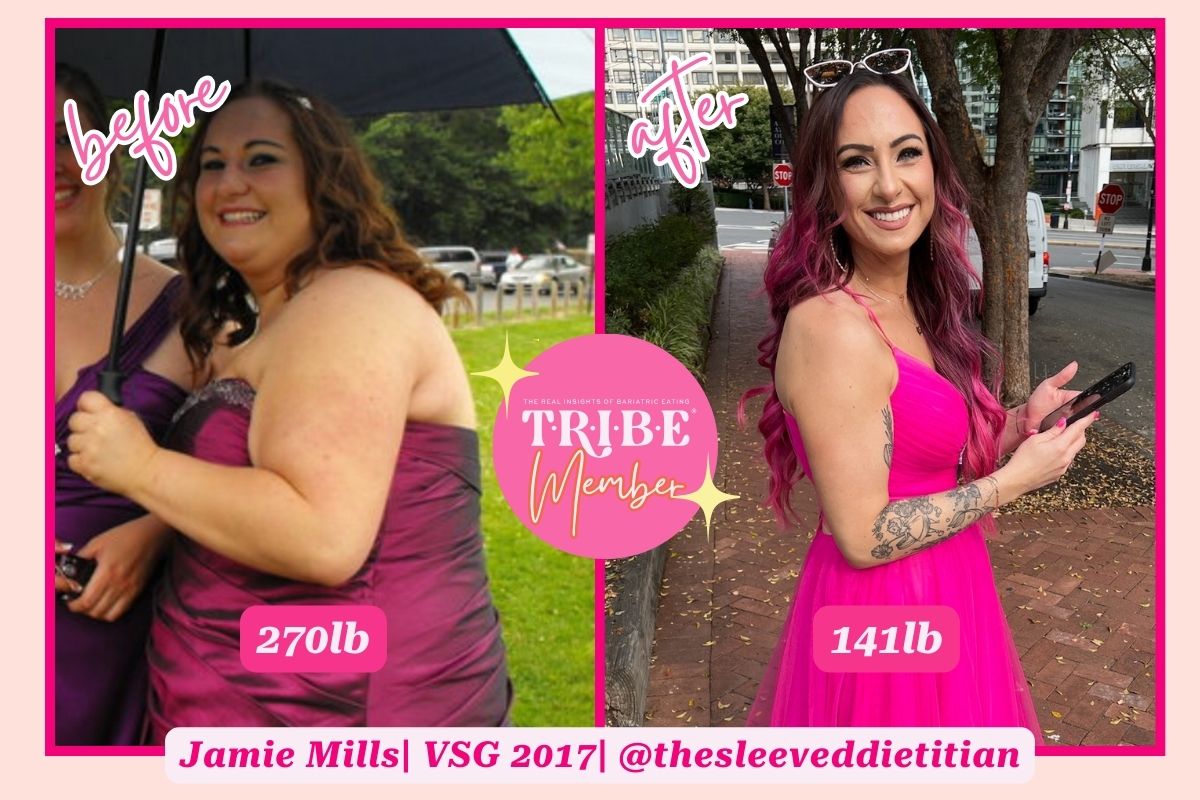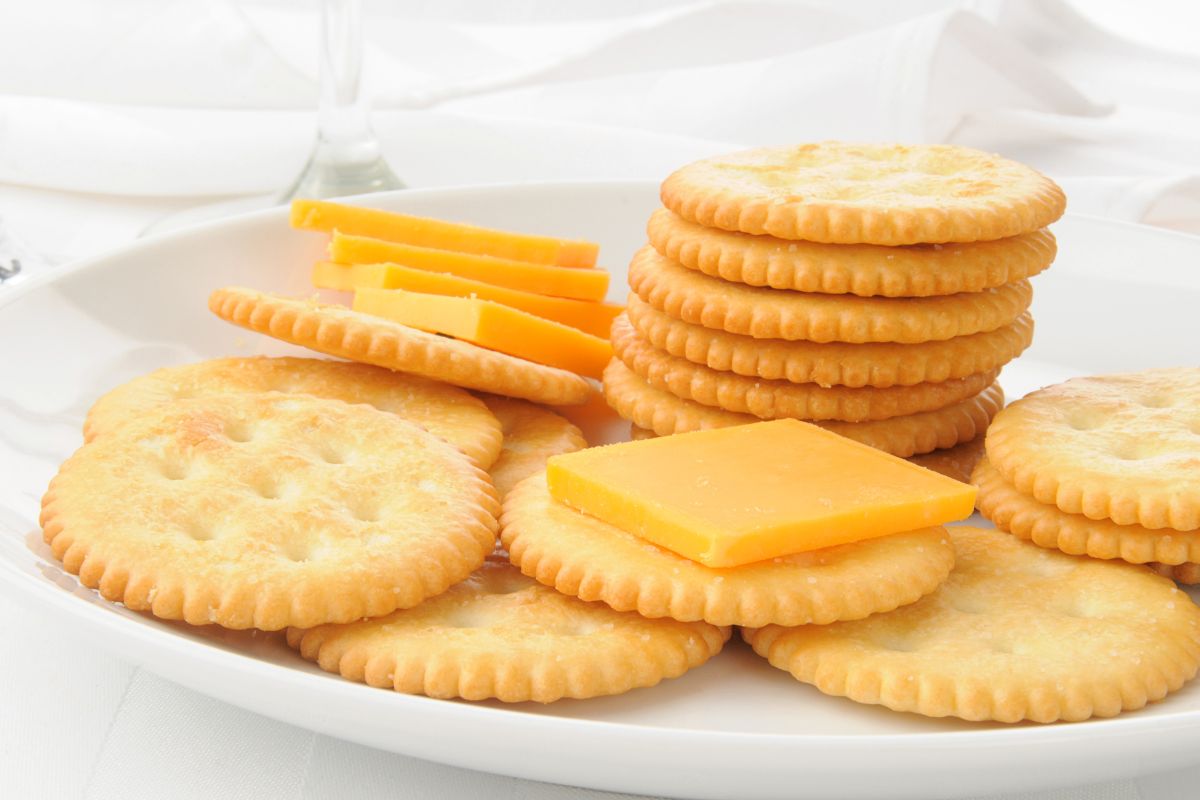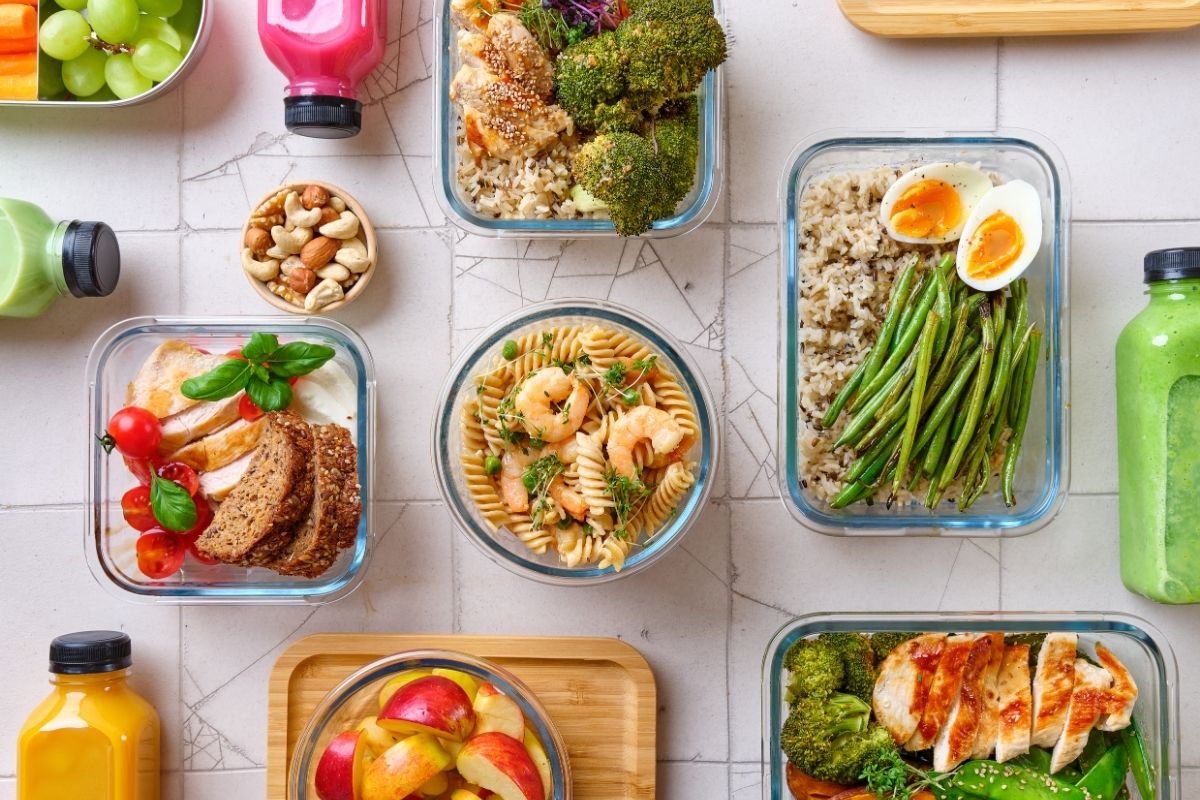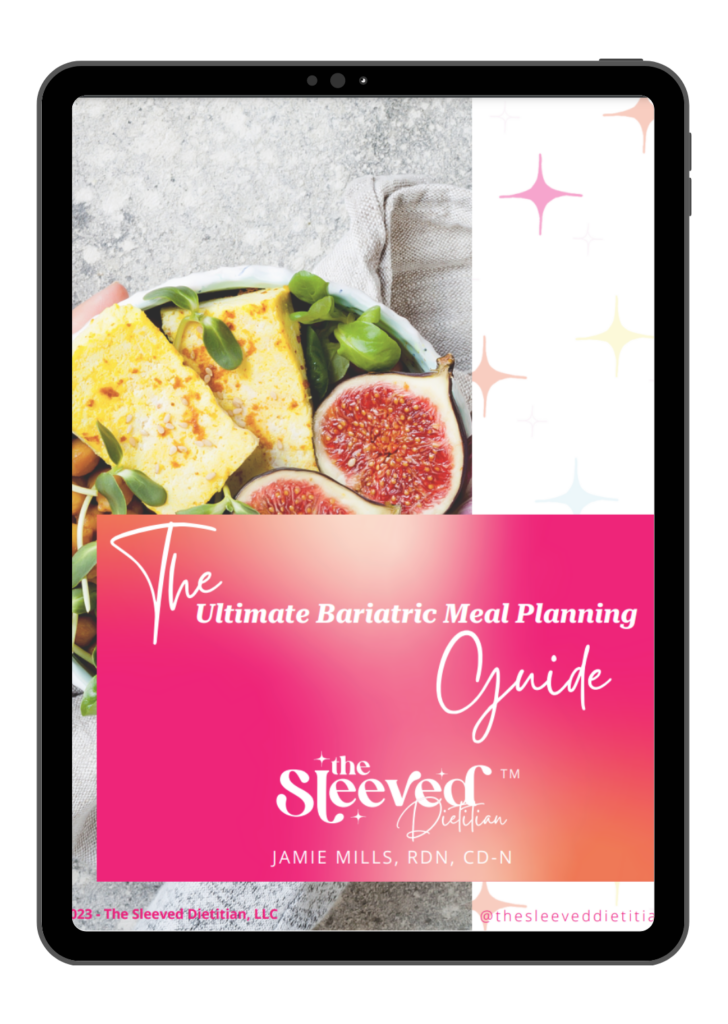Things can feel a little confusing after weight loss surgery. You’re not supposed to drink during your meals or snacks, so you might be wondering how to stay hydrated after gastric sleeve (or with any type of weight loss surgery).
It is important for all of us to stay hydrated, but some tips and tricks can help those of us who have undergone weight loss surgery to be consistent. In this blog post, I’ll explain what counts as a hydrating beverage (hint: it isn’t your morning iced coffee) and tips to stay hydrated when there are firm guidelines on when it is okay to drink (and when you need to pause).
Is that a fresh new face I see? Welcome, my name is Jamie. I am both a registered dietitian AND a bariatric patient. My team and I run The T.R.I.B.E., your one-stop shop for all things nutrition and wellness with weight loss surgery and beyond. From evidence-based, practical knowledge to support and accountability, we’re here to empower your weight loss journey.
And with that, hydration is such an important topic to understand well. Staying hydrated consistently helps you reduce your risk of complications, supports healthy digestion (say no-thank you to constipation), and can help with weight-loss maintenance.
Let’s jump right in with tips for how to stay hydrated after weight loss surgery:
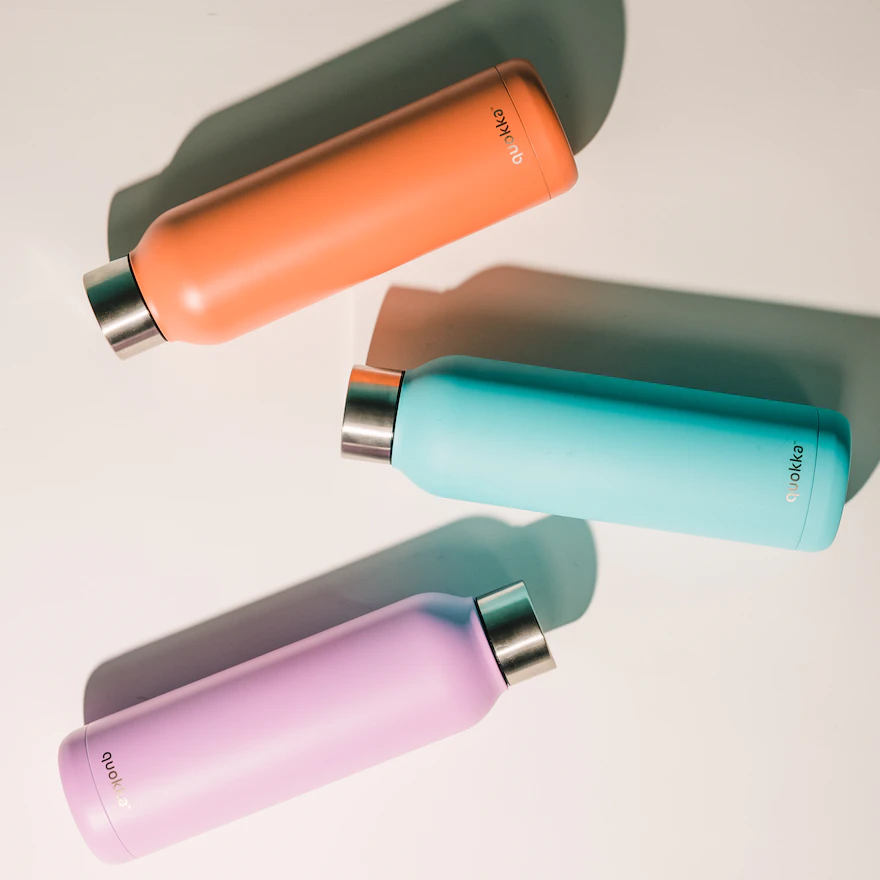
What drinks count?
A lot actually!
Some drinks are better than others (and some are totally off the table). But even right after surgery, there are many tasty options for you to consider. And with healing, your options expand.
When you’re tallying up all of your cups, ounces, and sips, all fluids count that are:
- Non-alcoholic
- Caffeine-free
- Sugar-free
- Calorie free
A few of my favorite drinks to recommend are:
- Crystal light
- MiO (and other calorie-free water enhancers)
- Decaf, unsweetened tea (hot or iced)
- Sugar-free Snapple
- Sugar-free Powerade
- Sugar-free Gatorade
- Sugar-free BioSteel, Ultima, and similar electrolyte drinks.
Not everything gets the dietitian thumbs up for hydration. Let’s look at the drinks that are no longer a good fit for you after you’ve had weight loss surgery.
What to skip?
What drinks are NOT okay after weight loss surgery? There are a few main categories to say no to, for now. These include:
- Alcoholic drinks
- drinks with sugar (juice, sweet tea, soda)
- Carbonation (Coke, seltzer water, sparkling water)
- Soups and smoothies (not usually a good fit after weight loss surgery)
- And…caffeinated coffee!
The caffeine is not a fit for you after weight loss surgery until your surgical site has healed.
Just say no to caffeine (for now)
No caffeinated coffee, for now.
Not having caffeinated coffee was one hard part of the early days after my weight loss surgery. But the rule is the rule; you and coffee have to be on a break.
Why? The caffeine can be irritating to your surgical site and may actually delay healing. On top of that, because caffeine is a diuretic, it means that it isn’t as hydrating as plain water.
Your team may say that it is okay for you to have decaf coffee. Mine did, and I was glad to have decaf coffee to mix with my protein shake to make a “profee” to get my coffee fix and protein in.
Ask your weight loss clinic for their guidance, but it is really common to not be allowed to have coffee and other drinks with caffeine for at least 30 days post-op.
Once your docs and dietitians clear you for some caffeine, be sure to add extra water to make sure that you’re hydrated enough overall.
The extra water compensates for the dehydrating effect of the caffeine. I usually say that for every 8 ounces of coffee (or other caffeinated beverage) try to replace it with an additional 8 ounces of water.
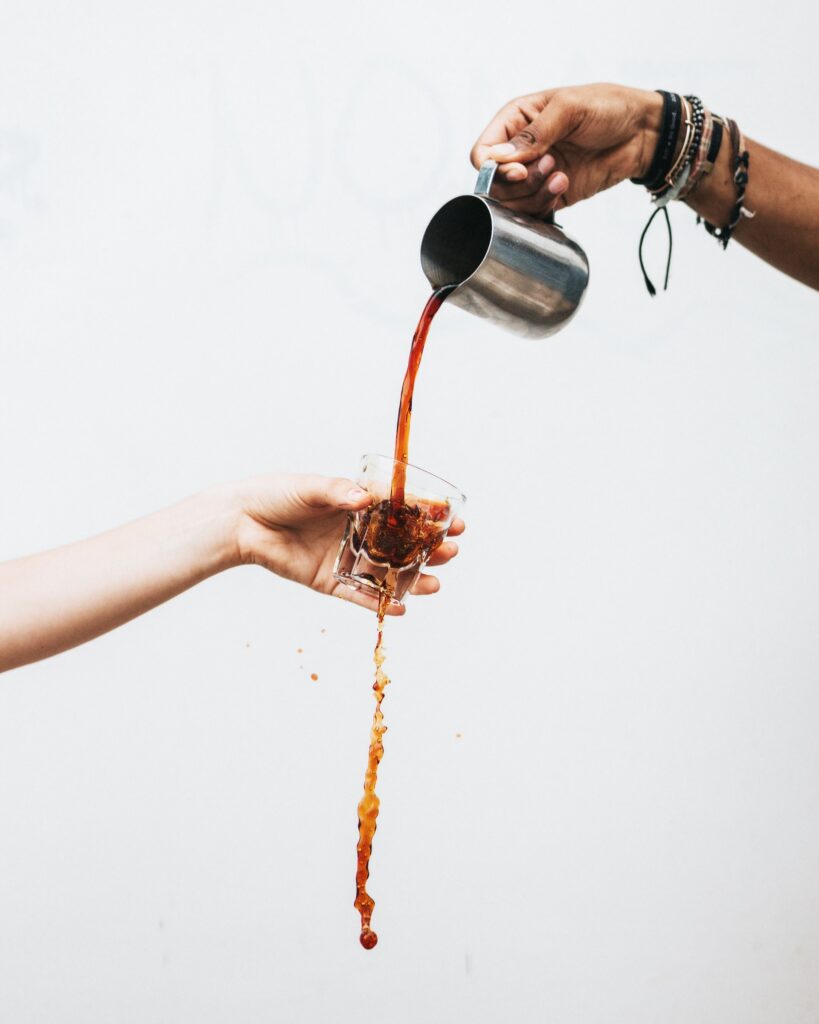
How much is enough?
While your weight loss center may have a personalized recommendation for you, most clinics recommend having a minimum of 64 ounces each day.
So, how do you stay hydrated and meet your 64-ounce goal regularly? Let’s talk strategy!
Tips to stay hydrated
Whether you’ve had a gastric sleeve or any other type of surgical weight loss procedure, being hydrated is critical to feeling good on a daily basis. Here are my best tips for preventing dehydration.
Sip allllllll day long
If you aren’t focused on hydration throughout the day, it is easy to forget.
And then before you know it, it is time to stop drinking for the 30 minutes before your meal and the 30 minutes after. That is a full hour without any fluids!
In order to ensure that you’re consistently hydrated, you have to be consistently sipping (not chugging) water and other fluids. Outside those meal-time drinking pauses, sip as often as you can remember.
Consider a straw
This may be a tad controversial, but I recommend using a straw if it helps you.
Some centers will tell you not to use a straw for fear of swallowing more air and having uncomfortable air bubbles in your stomach, but this is something you can test for yourself.
The other concern is that using a straw will cause your stomach pouch to stretch. But the truth is that there is no research study to back up this worry.
If you can use a straw without feeling uncomfortable, go for it.
Pack your bottle
What’s the simplest strategy for staying hydrated? Have a water bottle with you at all times. Basically, no matter where I am, I have my favorite water bottle with me.
I recommend that you pick out a water bottle that you truly love. It should look cute, feel good in your hand and fit in your usual purse. And if you use a dishwasher, get a water bottle that is dishwasher safe.
You want to feel like your water bottle is the perfect tool for YOU because the two of you are going to be spending a LOT of time together.
Tip: check out how many ounces of water your favorite water bottle holds. Make note of how many of these bottles you need to finish in order to meet your hydration needs on a daily basis. You’ve got this!
Add flavor
While water is the most hydrating option, it can end up feeling a tad…boring. And more than that, what I’ve found from personal experience and lots of feedback from the T.R.I.B.E community is that it is just physically hard to drink enough water when it is plain; it made me nauseous! I use sugar-free drink enhancers and recommend you try them, too. There are many different brands, keep trying different ones until you find a flavor that you love.
You can also try adding a few slices of lemon, cucumber, or ginger for a more subtle flavor. Automate
You’ve got a lot going on; it can be a challenge to be on top of it all, all the time!
If it is helpful to you, you can consider setting a reminder on your phone that goes off every two hours and make sure to drink up each time you see the alert.
Check your halfway point
Let me ask you this: what time do you usually wake up in the morning? And what time do you usually go to bed?
Now: what time is halfway through your usual day?
Set an alarm on your phone to go off at that time. Have you had 32 ounces of water (half of your potential goal)? If not, be sure to catch up to stay on track for the second half of the day.
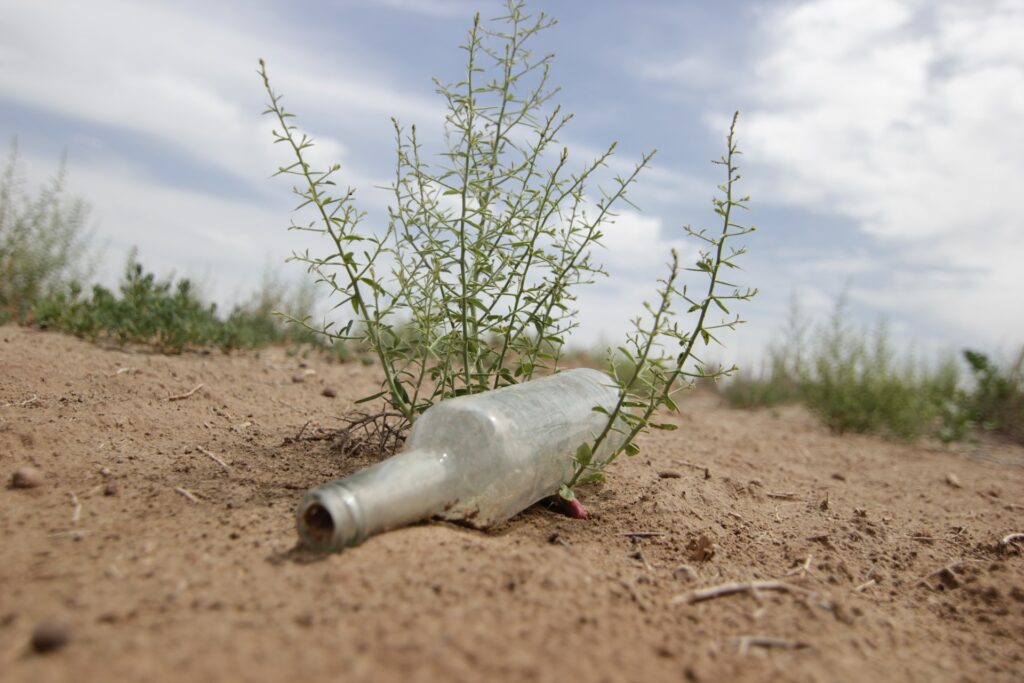
How do you know if you’re dehydrated?
Dehydration can happen quickly and if you’re not on top of it, you may start to experience the signs. These include headache, constipation, dry mouth, dark-colored urine, and feeling tired or lethargic.
If you start to feel any of these symptoms, it’s time to reach for your water bottle!
When to skip fluids
As much as it is important to drink throughout the day, you’re not going to be allowed to drink at all times.
After weight loss surgery, drinks are for any time before and after meals. Most centers recommend a 30-minute buffer before AND after each meal.
This is one of the rules that can be a challenge to adjust to, especially right after your weight loss surgery. Now that your stomach is smaller, meals are for food only – no drinks with breakfast, lunch, dinner, or snacks!
Why?
This rule is in place to support your consistent weight loss (and future weight maintenance). If you drink with your meal after you’ve had weight loss surgery, you may hamper your weight loss progress.
If you have drinks with your meals, you have the potential to push your food through your smaller stomach pouch, instead of letting the meal rest and digest in your stomach, allowing you to feel full.
If you drink with your meal and push that food through your stomach pouch, you won’t be sending that fullness signal from your stomach to your brain, and you’ll eat more than is intended. Talk about shooting yourself in the foot!
If you are only able to keep one of the two 30-minute buffers of no drinking before of after your meal, which one is the most important? I recommend that you prioritize the 30-minute wait after your meal is done before having your next sip of water.
That’s a wrap!
Staying hydrated after weight loss surgery can feel tricky, especially since you’re no longer having drinks with your meal. I get it!
But I promise that with practice and consistency, you’ll adjust to this new normal. Staying hydrated helps your digestive system to work well, prevents constipation, and keeps you feeling alert and focused.
If you’re ready to have support, and accountability with a community of bariatric peeps who get it, check out The TRIBE Membership. You’ll no longer feel lost in the weeds or overwhelmed because you’ll have the information you need when you need it. As a TRIBE member, you’ll have exclusive access to live group sessions at a time that suits your busy schedule.


